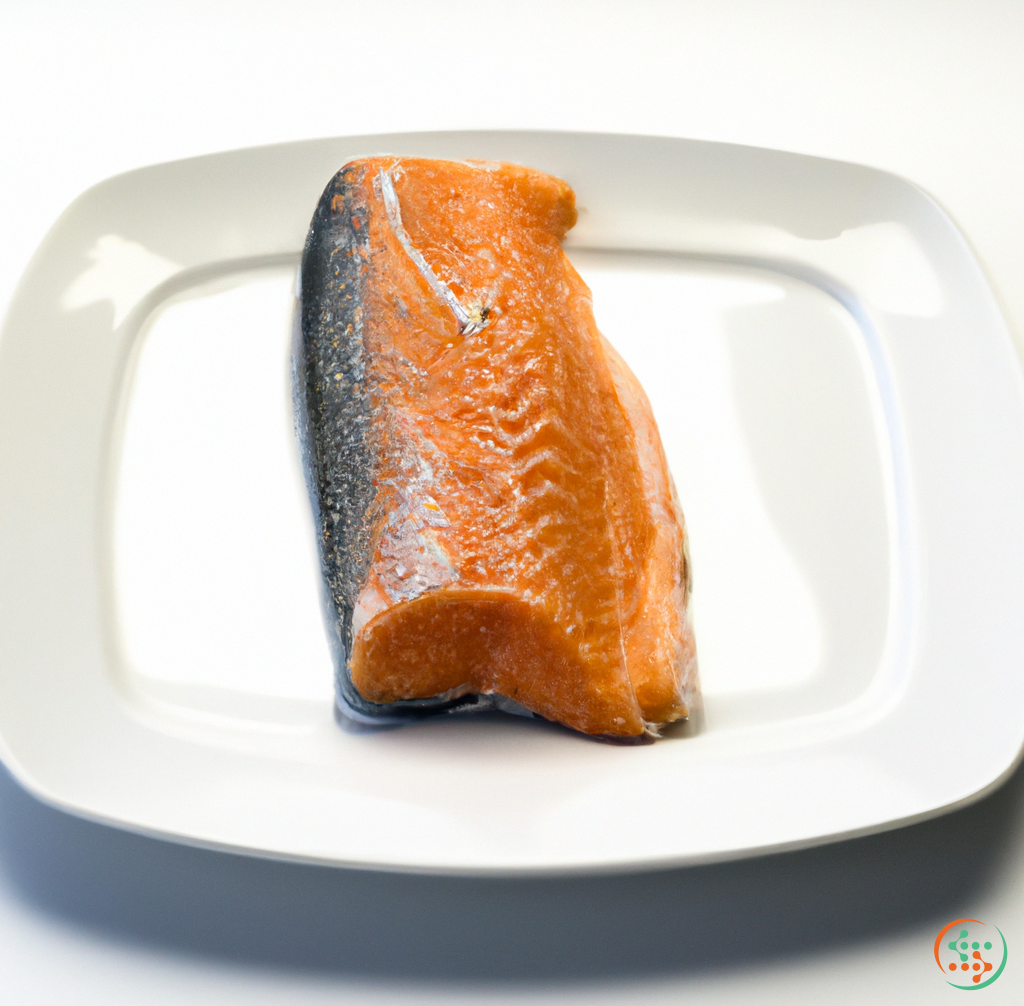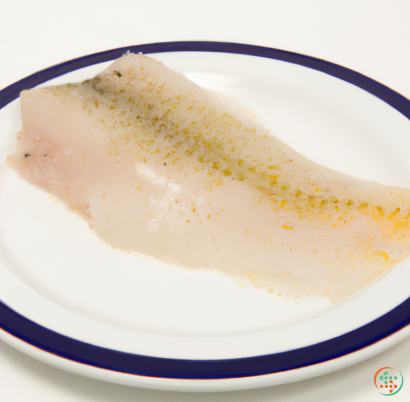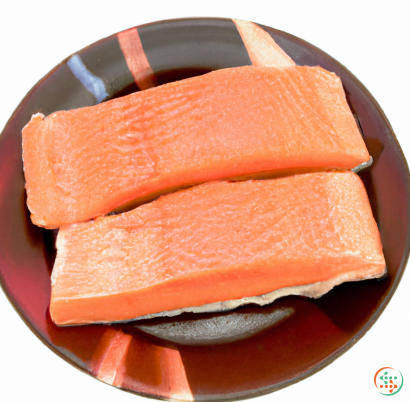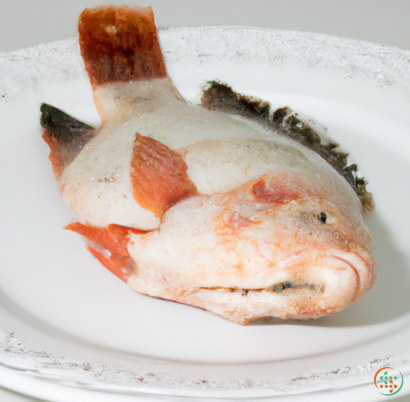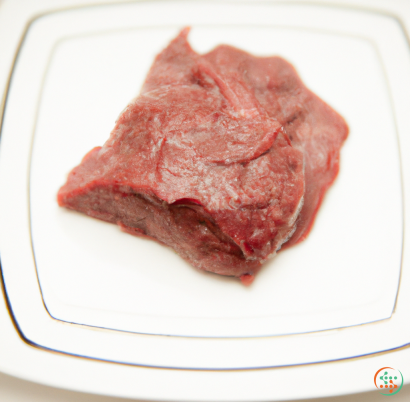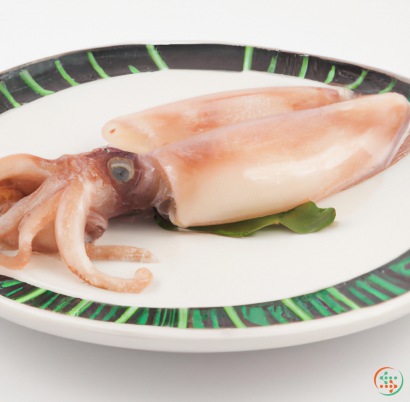Atlantic Salmon
Atlantic salmon (Salmo salar) are a species of fish that are abundant and valuable in both marine and freshwater environments across the northern Atlantic, including parts of Canada, Europe, and the east coast of the United States. Atlantic salmon are considered to be one of the most iconic and important fish species in the world and have been the focus of extensive sport fishing and aquaculture worldwide.
Atlantic salmon have a unique life cycle, making them an incredibly valuable species to environmentalists and people around the world. Atlantic salmon begin their lives in freshwater rivers and streams, where they hatch and develop into juvenile fish known as “fry” or “fingerlings.” Once they reach a certain size, they migrate out to the ocean where they grow and mature into adult spawners. During this time, they travel great distances to encounter freshwater habitats and then repeat the process during spawning season, which varies across regions.
Atlantic salmon are well known for their strength, determination and amazing feats of migration. They are able to swim up waterfalls and rapids, traverse long distances across open ocean, and even make jumps of up to nine feet in height in order to reach their breeding grounds. An adult male Atlantic salmon can reach up to 11 kilograms (about 24.2 pounds) in weight and length of up to 76 centimeters (about 30 inches). Females are typically smaller, but can still reach lengths of up to 64 centimeters (about 25 inches) and weights of up to 7 kilograms (about 15.4 pounds).
In terms of diet, Atlantic salmon eat a variety of small fish and aquatic organisms, such as capelin, herring, tomcod, shrimp, and crabs. They also consume large amounts of plant material, such as marine macro algae and terrestrial terrestrial plants, depending on their habitat. Atlantic salmon have the ability to fast for significant periods of time while they migrate, and can survive on stored body fat while they are on their journey.
Atlantic salmon are an incredibly important species to both marine and freshwater environments around the world. Not only do they provide food for various predators, such as humans and aquatic animals, but they are also a source of rich nutrients to their ecosystems. Freshwater Atlantic salmon are especially important due to their ability to maintain healthy river habitats and promote diverse communities of aquatic organisms.
In terms of conservation, Atlantic salmon are listed as a species of conservation concern in many areas, primarily due to overfishing, habitat alteration, and other human-induced stressors. Although wild Atlantic salmon populations have been decreasing in recent years, there is still hope for their population recovery with policies and regulations in place to guide management and promote species conservation.
Overall, Atlantic salmon are an iconic species across the world, providing important ecological links between marine and freshwater systems, and providing a key source of food for humans, predators, and various aquatic organisms. With their unique life cycle and strength, Atlantic salmon are a species that should be cherished and respected—not only for their economic value, but for their unique contributions to global ecosystems.
The Atlantic Salmon: How Does This Fish Make its Way onto Our Dinner Plates?
The Atlantic salmon (Salmo salar) is a species of fish that is highly prized by many diners around the world. Their pink-hued meat, flavorful oil, and nutrient content make this sea-run species a popular addition to any plate. But what goes into making an Atlantic salmon and how does it make its way on to our dinner plates? Let’s take a closer look.
Spawning and Early Life Cycle
An adult Atlantic salmon begins its life in the coastal estuaries of the Atlantic Ocean, typically returning to the rivers where it was born. With some exceptions, adults generally migrate from the open ocean to freshwater rivers in the late summer and live there until the following spring when they begin spawning. Here, adults form large schools and females deposit their eggs in the gravel beds.
The newly laid eggs are in a very immature state and unable to hatch on their own. Young salmon, known as alevin, emerge when the egg absorbs enough water and its embryonic membranes dissolve. Up to 300 fertilized eggs never hatch and are used by other salmon as a food source.
Typically in the spring, once they reach a length of 5 to 7 centimeters, alevin will swim out of the gravel bed and enter the currents of the river itself to begin their juvenile stage. At this point, the salmon have a life expectancy of up to three years and will develop the ability to feed on crustaceans, fish fry and other food sources.
Smoltification
When the young salmon reach late summer, they enter the next stage of their life cycle—known as smoltification. This is the process in which the salmon undergo both physiological and behavioral changes to survive in the ocean environment. During smoltification, the salmon’s body slows and adjusts to the changing temperature and salinity levels of the ocean.
The changing pH and ion concentrations in the ocean also cause their gills to swell and increase their oxygen extraction capabilities. Additionally, their pigment cells darken, providing them with better camouflage from predators in their new environment. Further, their digestive systems adapt to their new diet of plankton, small shrimp and other marine food sources.
Atlantic Salmon in the Open Ocean
Once smoltified, salmon are equipped to inhabit the open ocean. During this period of two years, the salmon will remain in a state of migration, moving to a number of different locations in search of food. Additionally, they will increase in size, sometimes reaching lengths of up to 1 meter and weights of 8-12 kilograms.
This new size and powerful swimming capabilities allows the salmon to predate on a variety of fish, such as sand eels, capelin and other juvenile fish, as well as smaller crustaceans. By keeping the size of the salmon that are fed on by the salmon in check, their population numbers can remain stable in their environment and support a wide variety of other species, including larger, predatory fishes.
Feline to Farming
After spending a few years in the ocean, the salmon will journey back to their birth location and precondition themselves for reproduction as they feed on smaller, more agile prey. At this point, they are referred to as returning adults—or kelts.
Unfortunately, the survival rate of fins to plate is quite low, as they are vulnerable to natural predators, such as seals and sharks, as well as fishing activities. Those that do make it to the river can find their path blocked by fishermen or natural obstacles, such as dams. The combination of these factors can unfortunately mean that only 1% of the salmon that depart for the ocean will return as adults.
As such, a large portion of Atlantic salmon consumed by humans is farmed. Farmed salmon is produced in large, floating net pens located in fjords and other coastal waters. Salmon in these pens are carefully monitored to ensure their health and are provided with a uniformly balanced diet in their enclosed facility.
From Egg to Plate
Now that Atlantic salmon have made their way on to our dinner plates, let’s review the journey this fish takes from egg to plate. Starting with spawning and the early life cycle, alevin will eventually make their way from the gravel beds to the open ocean and reach lengths of up to one meter. During this time they will develop the ability to feed on smaller, more agile prey and grow in size.
Once they reach optimal size and precondition themselves to reproduce, they will begin their journey back to the rivers of their birth. Of course, external factors—such as seals, dams and fishing activities—can have an impact on their survival rate. Those that do make their way back are often able to reproduce and lay eggs, beginning the cycle anew.
However, produce a significant portion of the salmon consumed worldwide is farmed, where they are carefully monitored, fed a balanced diet and harvested at optimal size. From egg to plate, Atlantic salmon takes quite the journey, but it is one that is worth the effort for the many who enjoy its rich flavor and welcoming color.
| Vitamin A | 0.013 mg | |
| Vitamin B1 | 0.28 mg | |
| Vitamin B2 | 0.49 mg | |
| Vitamin B3 | 0.01008 grams | |
| Vitamin B5 | 0.00192 grams | |
| Vitamin B6 | 0.94 mg | |
| Vitamin B9 | 0.029 mg | |
| Vitamin B12 | 0.00305 mg |
| Calcium | 0.015 grams |
Daily Value 1.3 g
|
| Iron | 0.00103 grams |
Daily Value 0.018 g
|
| Magnesium | 0.037 grams |
Daily Value 0.4 g
|
| Phosphorus | 0.256 grams |
Daily Value 1.25 g
|
| Potassium | 0.628 grams |
Daily Value 4.7 g
|
| Sodium | 0.056 grams |
Daily Value 2.3 g
|
| Zinc | 0.82 mg |
Daily Value 0.011 g
|
| Copper | 0.32 mg |
Daily Value 0.9 mg
|
| Manganese | 0.02 mg |
Daily Value 0.0023 g
|
| Selenium | 0.0468 mg |
Daily Value 0.055 mg
|
| Tryptophan | 0.285 grams | |
| Threonine | 1.115 grams | |
| Isoleucine | 1.172 grams | |
| Leucine | 2.067 grams | |
| Lysine | 2.336 grams | |
| Methionine | 0.753 grams | |
| Cystine | 0.273 grams | |
| Phenylalanine | 0.993 grams | |
| Tyrosine | 0.859 grams | |
| Valine | 1.31 grams | |
| Arginine | 1.522 grams | |
| Histidine | 0.749 grams | |
| Alanine | 1.538 grams | |
| Aspartic Acid | 2.605 grams | |
| Glutamic Acid | 3.797 grams | |
| Glycine | 1.221 grams | |
| Proline | 0.899 grams | |
| Serine | 1.038 grams |
| Total Sugars | 0.131141 grams |
per 100g
|
| Myristic acid (14:0) | 0.18 grams |
|
| Palmitic acid (16:0) | 0.81 grams |
|
| Stearic acid (18:0) | 0.27 grams |
|
| Total Saturated fatty acids: | 1.26 g | |
| Erucic acid (22:1) | 0.36 grams |
|
| Oleic acid (18:1) | 1.73 grams |
|
| Palmitoleic acid (16:1) | 0.32 grams |
|
| Gadoleic acid (20:1) | 0.29 grams |
|
| Total Monounsaturated fatty acids: | 2.7 g | |
| Omega-3 Timnodonic acid (20:5) | 0.41 grams |
|
| Omega-3 Clupanodonic acid (22:5) | 0.37 grams |
|
| Linolenic acid (18:3) | 0.38 grams |
|
| Linoleic acid (18:2) | 0.22 grams |
|
| Total Polyunsaturated fatty acids: | 1.38 g | |
| Cholesterol | 0.07 grams |
|
| Total Sterols: | 0.07 g | |
